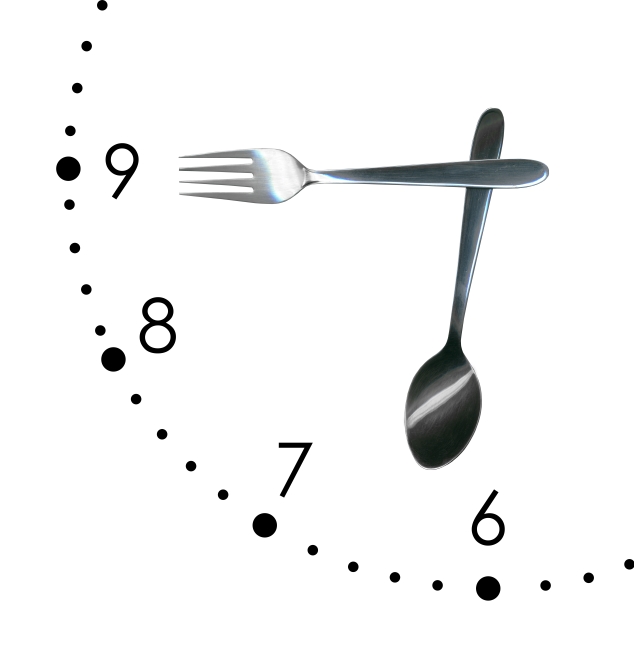
Type 2 diabetes is the most common type. The condition affects the body’s ability to produce insulin, which regulates blood sugar levels.
Diabetes is widespread in both Canada and the United States, and in the U.S., it is one of the leading causes of death.
The American Diabetes Association report that the total estimated cost of treating diabetes is now over $200 billion per year.
Lifestyle changes are crucial to managing the disease, and eating habits play a key role. Doctors normally recommend that people with diabetes follow specific diets.
The effects of a specific diet may differ from person to person, but in general, those with diabetes should avoid processed foods, artificial sweeteners, and refined carbohydrates.
Intermittent fasting could be a way to manage diabetes through diet.
What is intermittent fasting?
Intermittent fasting is a type of diet in which people cycle between periods of eating and fasting. It does not specify the foods that are allowed during the eating window.
The most common type of fasting is known as the 16:8 method, which involves fasting for 16 hours and reducing the eating window to just 8 hours. For example, a person can have dinner at approximately 7 p.m., skip breakfast the day after, and eat lunch at around 11 a.m.
Other forms involve fasting for 2 days per week, 24-hour fasting once or twice each week, and fasting every other day.
Researchers used intermittent fasting as a method to reduce the symptoms of type 2 diabetes in a new observational study conducted in Canada and published in the journal BMJ Case Reports.
The study included three men, aged 40–67, who were taking both drugs and daily doses of insulin to manage the disease. They all had high blood pressure and high cholesterol.
“The use of a therapeutic fasting regimen for treatment of [type 2 diabetes] is virtually unheard of,” the authors of the study write.












